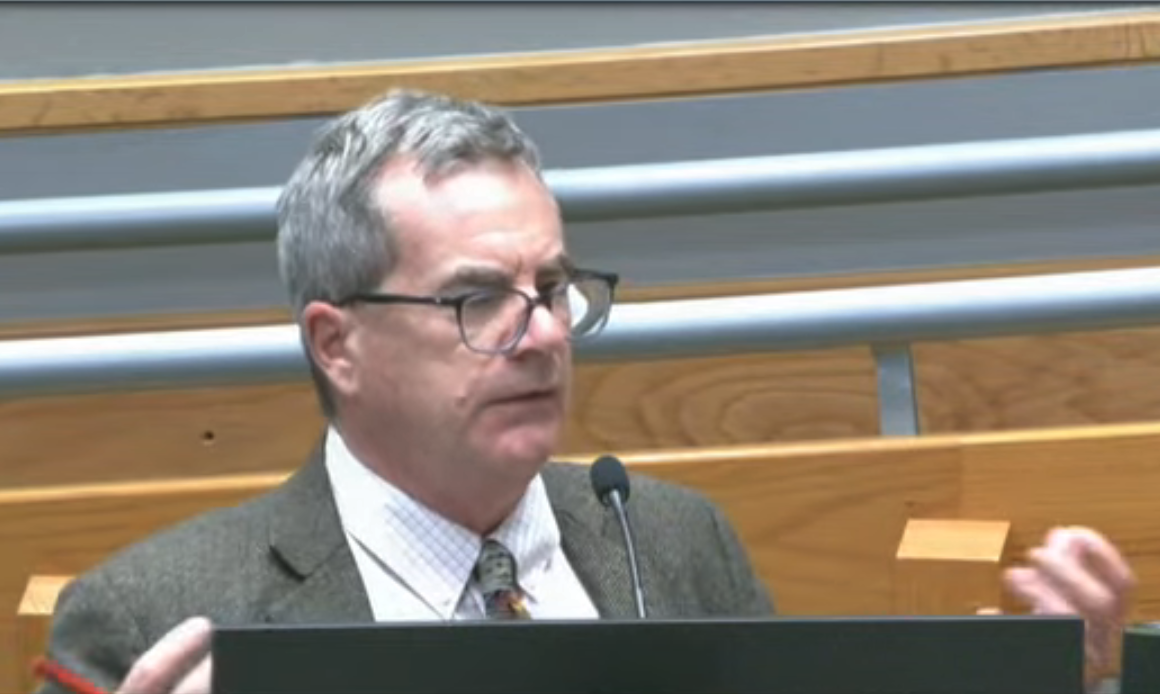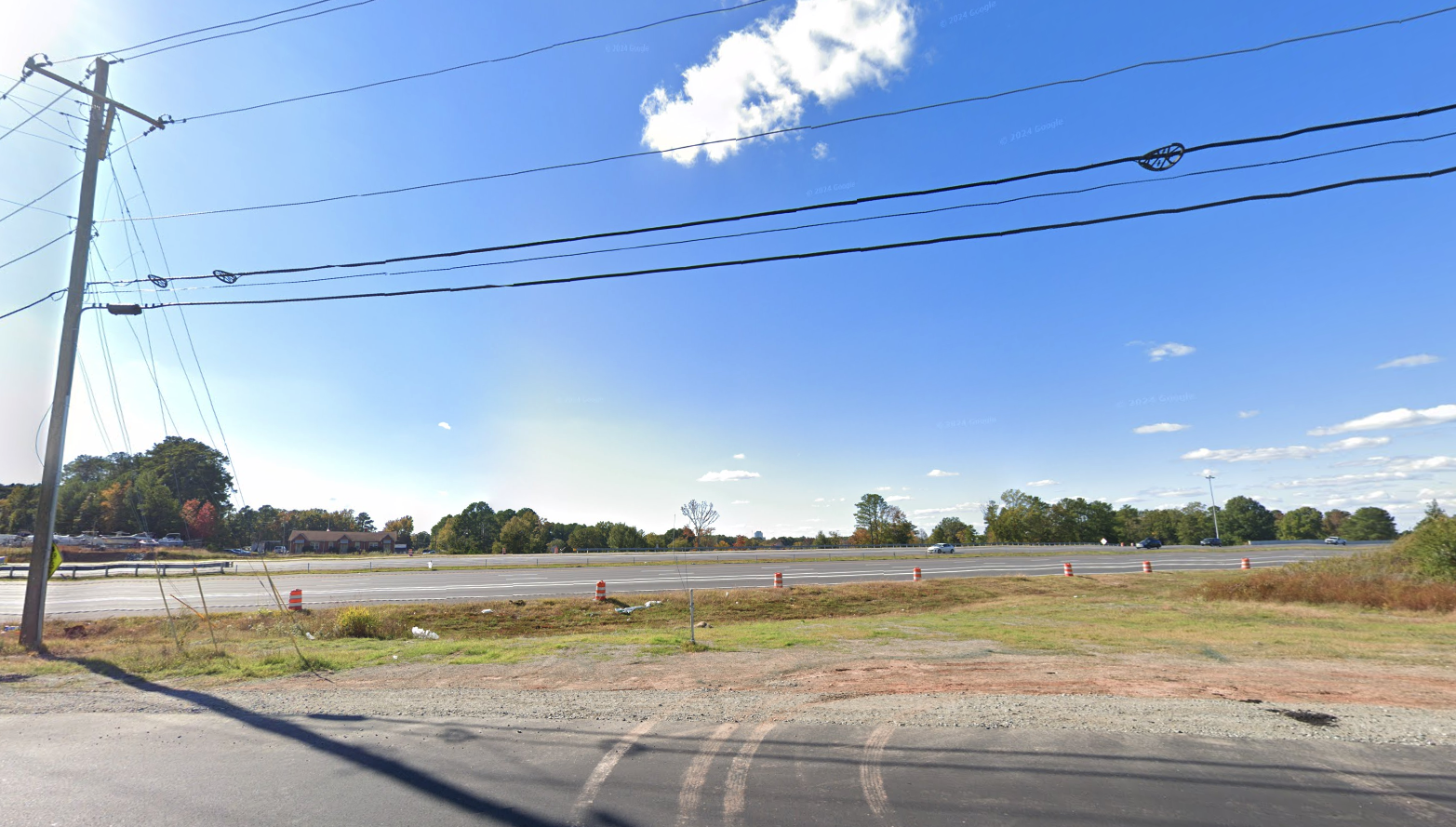Durham City Council Approves Rezoning for Three Major South Durham Developments
August 19, 2025 — Durham, NC
In a single evening, Council approved more than 600 apartments and townhomes and an 89,000-square-foot warehouse, despite public objection over traffic, unsafe roads for pedestrians, loss of green space, and unchecked density.
On Monday night, the Durham City Council voted unanimously to push through three impactful rezoning requests in South Durham, delivering a win for corporate developers against the growing concerns of Bull City residents.
According to the U.S. Census Bureau’s 2023 American Community Survey, around 8% of Durham’s estimated 132,864 housing units are currently vacant. The numbers show that Durham’s challenge is not a shortage of buildings. Many residents are wondering how building more units fixes the affordable housing issue, while others worry the city is losing its cultural roots with the rapid development of this historic land.
All present City Council members voted YES: Mayor Pro Tempore Mark-Anthony Middleton, At-Large Council Members Nate Baker, Javiera Caballero, and Carl Rist, Ward 1 Council Member DeDreana Freeman, and Ward 3 Council Member Chelsea Cook.
Mayor Leonardo Williams (“Mayor Leo”) was not in attendance.
Fayetteville Flats
The first rezoning request of the night was for a project called Fayetteville Flats, planned for 3707 Fayetteville Street, right next to Hillside High School. The property covers 9.77 acres and currently has single-family homes.
With Council’s unanimous vote, the land can now be used to build up to 220 apartments. Before this decision, the site could have supported smaller housing options like single-family houses or townhomes, but that flexibility is gone — it’s apartments only from here on out.
The developer has committed to making all 220 apartments income-restricted, marketed as “affordable housing.” In reality, this means the units will be reserved for households earning about 60% of Durham’s Area Median Income (roughly $47,000–$48,000 or less a year for a family). These restrictions are legally tied to the property and will last for 30 years.
The rezoning also allows for bigger, denser construction. Buildings can now rise up to 70 feet tall, and up to 70% of the land can be paved over. The plan sets aside about 20% of the site (1.96 acres) for open space, including some recreation areas, and promises to preserve at least 7% of existing trees (0.66 acres).
To offset some of the impact, the developer has agreed to add a 10-foot-wide walking and biking path along Fayetteville Street, and GoDurham may also require a new bus stop and shelter. All apartments must meet Energy Star efficiency standards, and the developer will make a one-time $9,000 payment to Durham Public Schools.
Representing the developer, Attorney Nil Ghosh of Morningstar Law Group appeared on behalf of Ellington Capital Group.
All City Council members present voted YES on the rezoning.
4218 South Alston Avenue
Another rezoning approved Monday night involved a 4.83-acre site at 4218 South Alston Avenue. The land had previously been zoned as General Industrial, which permitted a range of housing types including single-family homes, duplexes, townhouses, and multiplex units (Type A).
After Council’s unanimous approval, the site is now solely zoned for Planned Development Residential (PDR 41.408), allowing up to 200 apartment units.
As part of the rezoning commitments, 40% of the units will be income-restricted and rented to households earning 60% of the Area Median Income (AMI) or less, for a period of 20 years. Based on current AMI figures, that means qualifying households would need to earn about $47,000–$48,000 or less annually. After 20 years, the income restrictions expire, and the units can be converted to market rate.
This change restricts future use of the property to apartments only, removing the flexibility for lower-density housing types and strips any Durham resident of ever purchasing any portion of the land.
In attendance for the applicant, Dermont Holdings, was, Dan Jewell, a landscape architect with Thomas & Hutton. Jewell is also the Chair of Friends of Durham, a political group that endorsees and makes contributions to candidates. Jewell directly facilitates the interview and endorsement process for local elections including this current Municipal cycle.
All City Council members present voted YES on the rezoning.
303 US 70 Warehouse
The last rezoning case of the night was at 303 US 70 Service Road, a 10.25-acre parcel currently split between Residential Suburban-8 (RS-8) and Industrial Light (IL). The applicant, Katie Hamilton of Gander Development, requested that the property be rezoned entirely to Industrial Light (IL).
The property is already shown as General Industrial on the city’s Place Type Map, and the rezoning brings the entire site in line with that designation. Staff determined that the request was compliant with the Unified Development Ordinance and consistent with adopted plans, including the Industrial Land Use Study, which recommends industrial use for the site.
The proposal is tied to a blue chip company, projecting around 90 employees. One man who lives directly behind the property spoke during the hearing to raise concerns. He told council that the warehouse, essentially a factory, would worsen an already out-of-control traffic problem on US 70, especially given the frequent train delays in the area.
All City Council members present voted YES on the rezoning.












